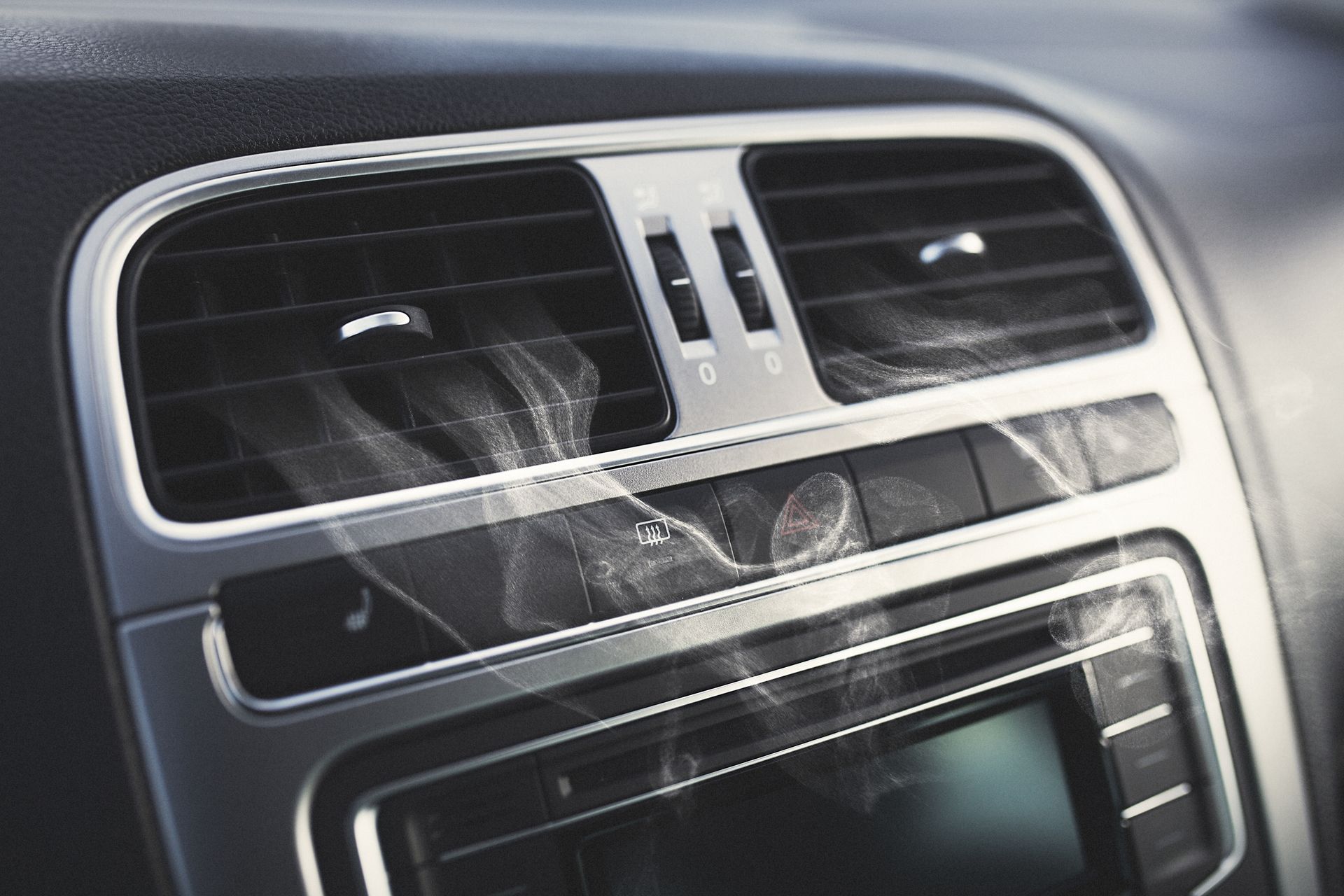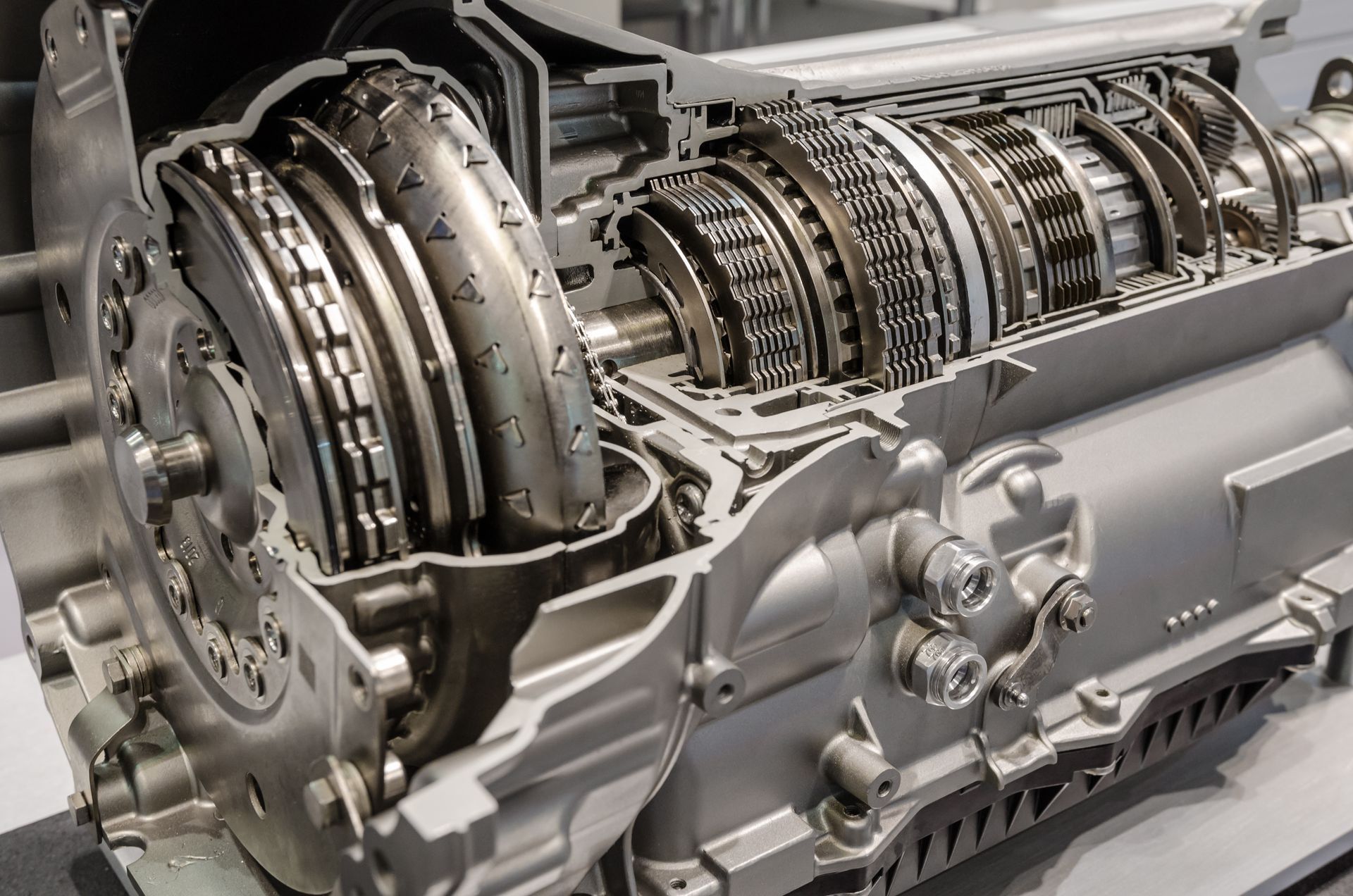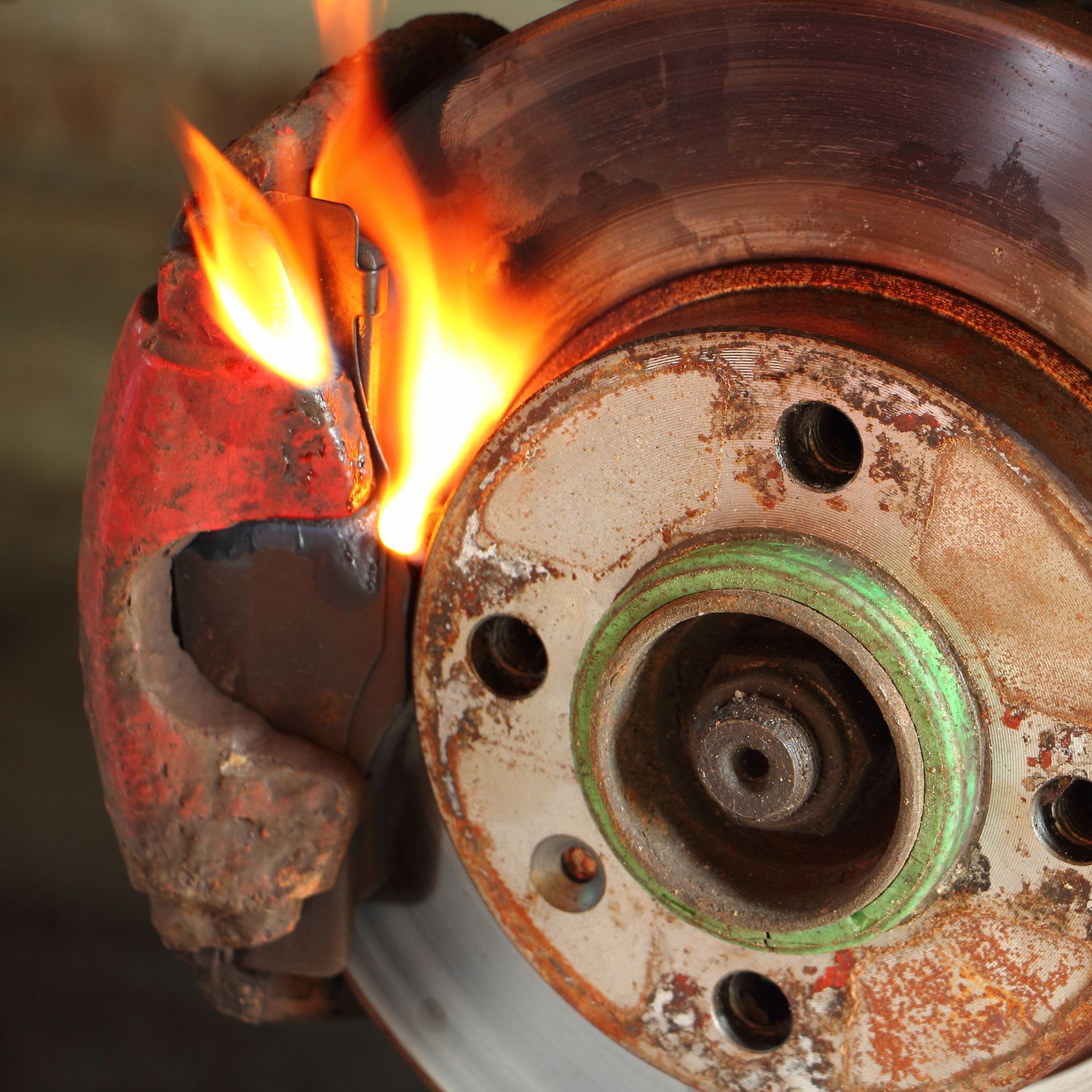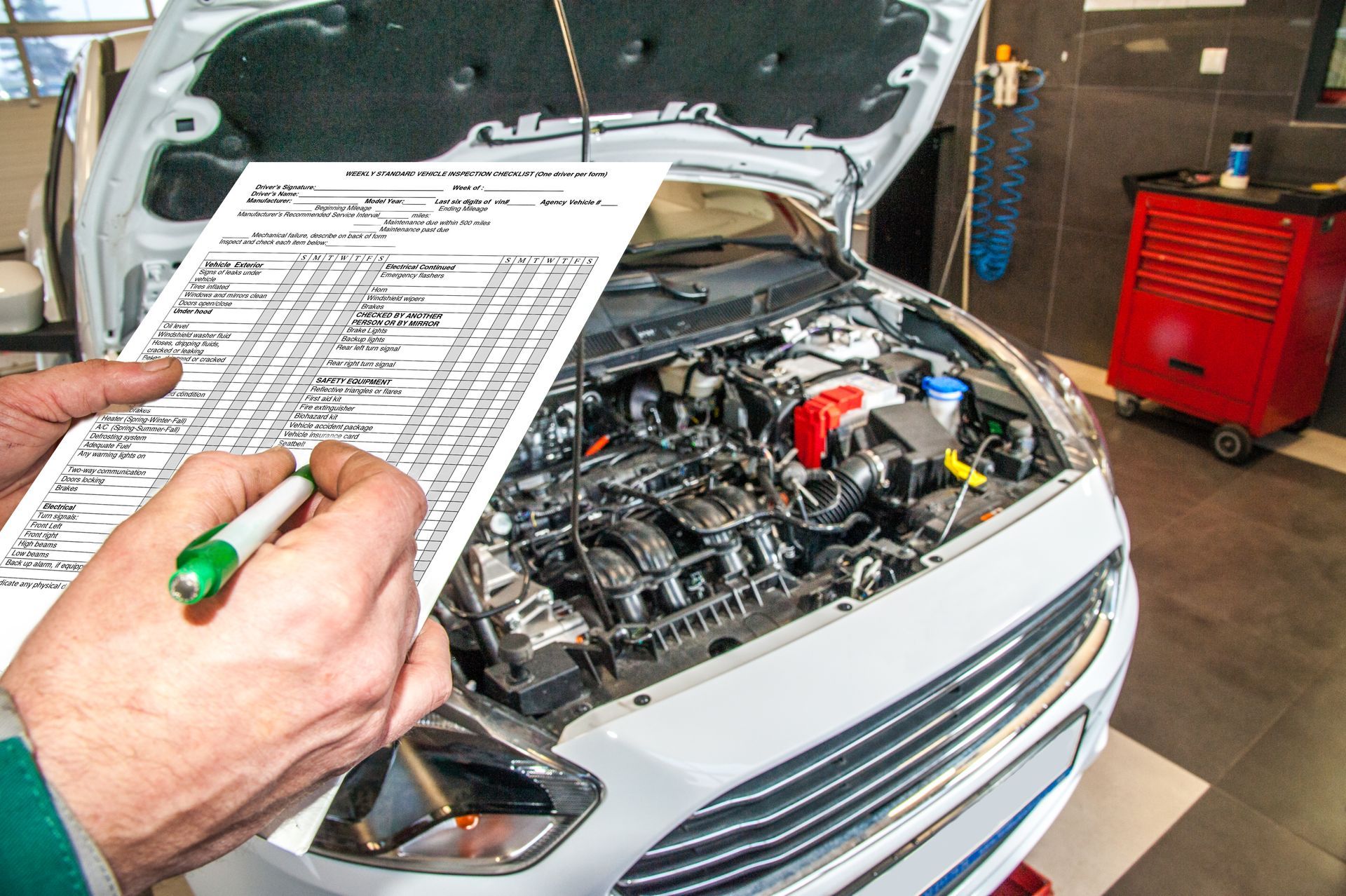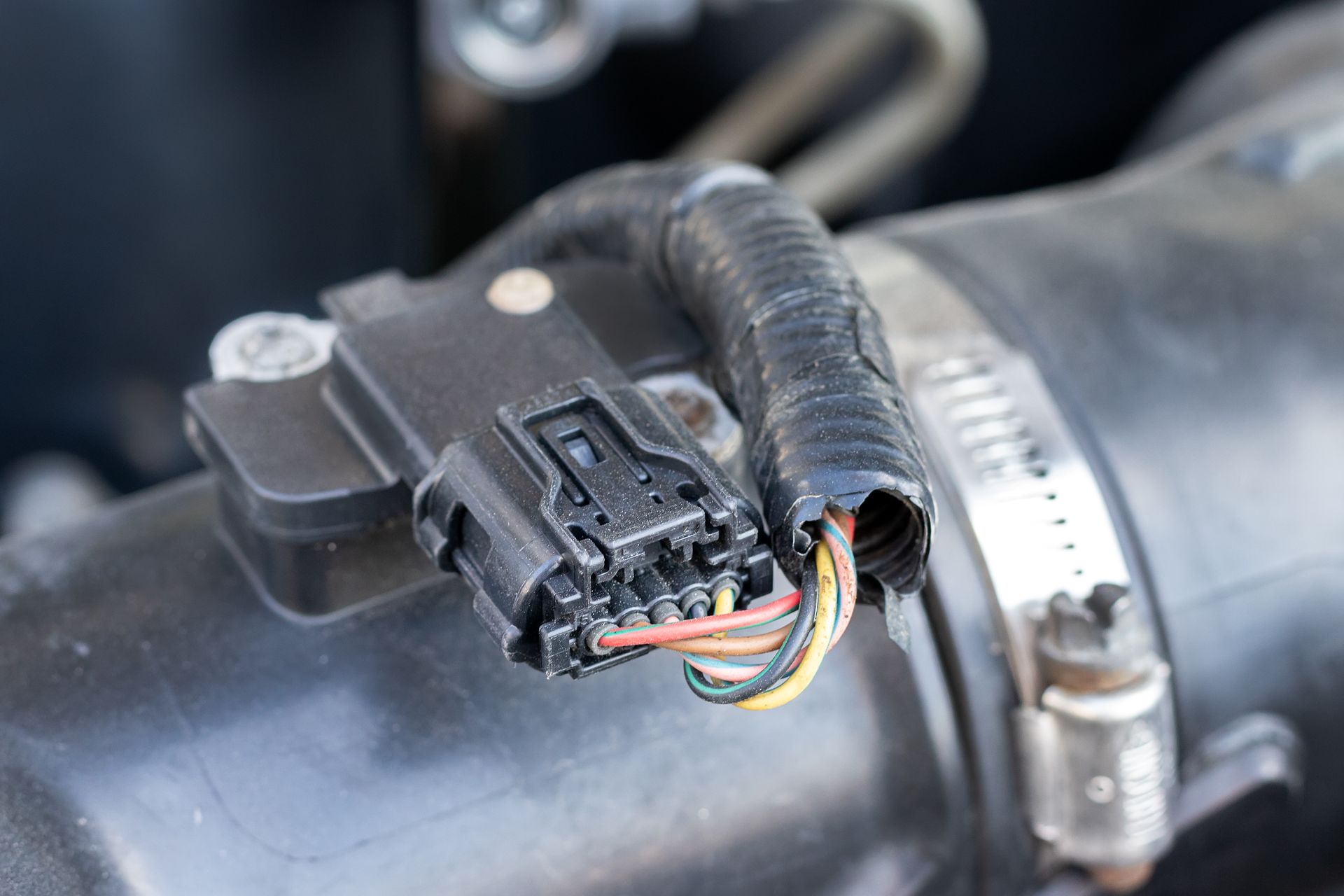Steering should feel smooth and responsive. If you’re finding it harder to turn the wheel or you’re hearing strange noises while maneuvering, the power steering pump may be to blame. This pump plays a critical role in keeping your steering light and easy, and when it starts to wear out, your driving experience can change fast.
Here are four common signs that your power steering pump might be failing and why it's important to have it inspected as soon as possible.
1. Whining or Groaning Noises While Turning
One of the most noticeable symptoms of a failing power steering pump is a whining or groaning noise when you turn the steering wheel. These sounds usually come from the engine bay and get louder as the pump works harder during sharp or low-speed turns.
This noise could mean the pump is low on fluid or the internal bearings are starting to wear down. Either way, it’s a clear indicator that your steering system needs attention.
2. Stiff or Slow Steering Response
When the power steering pump begins to fail, it may not generate enough pressure to assist in steering. This can cause the steering wheel to feel stiff or slow to respond, particularly at low speeds or when parking.
If you find yourself using more effort than usual to steer, it’s time to have the system looked at. Delayed steering response makes driving harder, and it can also reduce your ability to react quickly on the road.
3. Power Steering Fluid Leaks
The pump relies on hydraulic fluid to create pressure. If you see fluid puddling under your car or notice a drop in the power steering fluid reservoir, the pump could be leaking.
Leaking fluid often has a reddish or amber color and a thin, oily texture. It may come from a damaged seal or worn-out hose. Driving with low fluid can quickly damage the pump and lead to complete failure, so it’s best to address leaks as soon as they’re found.
4. Squealing on Startup or When Turning
If you hear a loud squeal when starting your car or turning the wheel, the issue may be related to the power steering belt or pump pulley. A worn or slipping belt can reduce the pump’s ability to function properly. Sometimes, this sound is mistaken for a loose serpentine belt, but if it persists even after replacing the belt, the pump itself could be worn out.
This squealing can get worse in cold weather or when the pump is under strain. Ignoring the noise may eventually lead to steering loss, so don’t wait too long to have it checked out.
Can You Drive With a Failing Power Steering Pump?
Technically, yes. But it’s not recommended. As the pump deteriorates, steering becomes more difficult, which makes driving less safe, especially in emergencies. You may also be putting strain on other steering components, which can lead to more expensive repairs down the line.
What to Do if You Notice These Symptoms
If any of these issues sound familiar, it’s time to schedule an inspection. A technician can check fluid levels, inspect for leaks, and test the pump's pressure output. In some cases, a flush or minor repair may be enough. If the pump is too worn, a replacement will restore proper steering function.
Steering Repairs at One Stop Auto Care in Los Angeles, CA
At One Stop Auto Care in Los Angeles, our team is here to help you drive with confidence. If your steering feels off, makes noise, or shows signs of trouble, we can quickly pinpoint the issue and recommend the right fix. From fluid leaks to full pump replacements, our technicians have you covered.
Stop by today or schedule a visit to keep your car safe and easy to handle.

